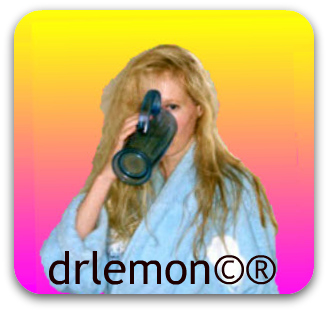In Spanish, we describe nouns using adjectives that match in terms of the gender (is the noun masculine or feminine) and number (is the noun singular or plural.)
You may have noticed that when we use Ser or Estar with an adjective, if the adjective has a feminine and masculine form, the adjective must agree with the subject it is modifying. This applies to the number of people or things that comprise the subject as well.
When you look up an adjective in a dictionary, you will find the masculine singular form of any adjective as the given default form. A good dictionary will give several examples of how it is used and may include sentences with the feminine or plural forms. The word "invariable" (inv.) means the adjective has only one form (see los colores for examples.)
Adjectives which end in "o" have four (4) ending forms:
- O : masculine singular
- OS: masculine plural
- A : feminine
- AS feminine plural
Masculine singular |
Masculine plural |
Feminine singular |
Feminine plural |
| Pablo está contento. | Pablo y Manuel están contentos. | María está contenta. | María y Susana están contentas. |
| Gumby es norteamericano. | Gumby y Pokey son norteamericanos. | Yo soy norteamericana. | Heather Locklear y yo somos norteamericanas. |
Adjectives which naturally end in "e" or any other vowel (except "0") or which end in consonants have two (2) forms*:
- The singular form
- The plural form:
Singular |
Plural |
| Stephen Hawking es inteligente. | Madame Curie es inteligente. |
| Los profesores son inteligentes. | Las profesoras son inteligentes. |
| Susana es leal. | Susana y Guillermo son leales. |
| Pancho es joven. | Pancho y Amanda son jóvenes. |
| Richie es materialista | Madonna y Richie son materialistas |
*PLEASE NOTE: nationalities are the exception to the "ending in a consonant" rule.
Adjectives which end in "-dor" have four (4) forms
- masculine singular "dor"
- masculine plural "dores"
- feminine singular "dora" (add an "a")
- feminine plural "doras"
Masculine singular |
Masculine plural |
Feminine singular |
Feminine plural |
| Nick es trabajador. | Nick y Chris son trabajadores. | Janet es trabajadora. | Janet y Sara son trabajadoras. |
| Eric es hablador. | Eric y Todd son habladores. | Alanah es habladora. | Alanah y Liz son habladoras. |
